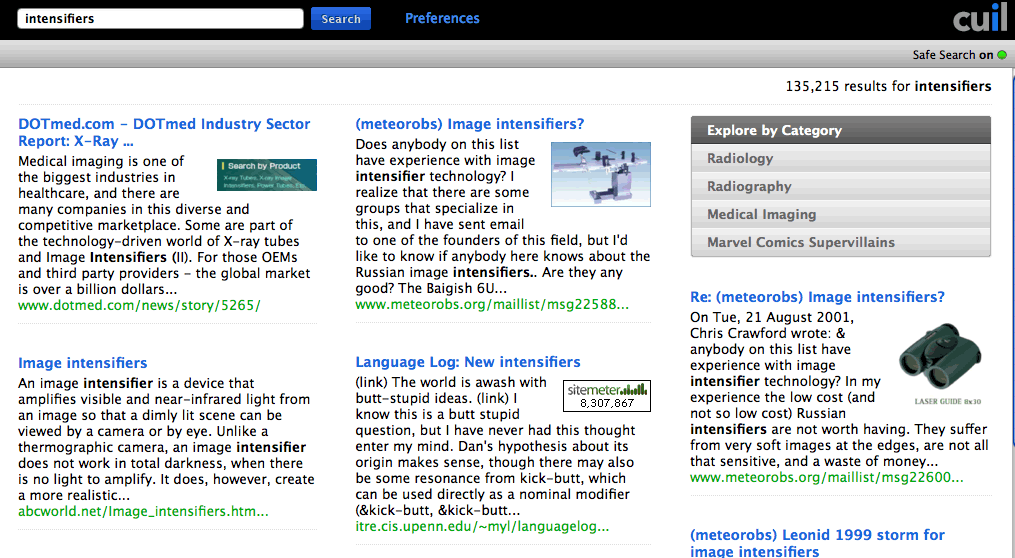Lombroso and Lavater, reborn as fake AI
Drew Harwell, "A face-scanning algorithm increasingly decides whether you deserve the job", WaPo 10/22/2019:
An artificial intelligence hiring system has become a powerful gatekeeper for some of America’s most prominent employers, reshaping how companies assess their workforce — and how prospective employees prove their worth.
Designed by the recruiting-technology firm HireVue, the system uses candidates’ computer or cellphone cameras to analyze their facial movements, word choice and speaking voice before ranking them against other applicants based on an automatically generated “employability” score.
HireVue’s “AI-driven assessments” have become so pervasive in some industries, including hospitality and finance, that universities make special efforts to train students on how to look and speak for best results. More than 100 employers now use the system, including Hilton, Unilever and Goldman Sachs, and more than a million job seekers have been analyzed.
Read the rest of this entry »




